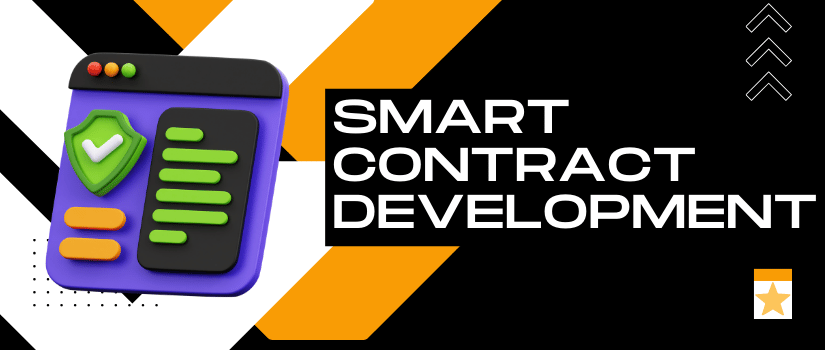An autonomous software program that performs the necessary tasks for a blockchain transaction is called a smart contract. After they are finished, the transactions are irreversible and traceable. High-level programming languages like Solidity (for Ethereum) and Vyper are commonly used to write smart contracts.
In 2024, the market is expected to grow to USD 2.14 billion. By 2032, it is anticipated to reach USD 12.55 billion. Users can develop and execute smart contracts on a smart contract platform, which is a decentralized blockchain platform. Smart contracts are kept on the blockchain. Upon creation, a smart contract is published to the blockchain, where it receives its own address. Financial activities like trading, investing, lending, and borrowing are conducted from this address.
Because of its dependability and broad use, Ethereum is the most preferred alternative nevertheless, depending on the requirements of your project, you may also want to examine other platforms like Binance Smart Chain, Solana, or Polkadot.
The top 10 best smart contract platforms in 2024 are Ethereum, Binance Smart Chain (BSC), TRON, Arbitrum, Cardano, Solana, Polygon, Algorand, Avalanche, and Tezos.
• Smart contracts are scripts that automate the actions between two parties.
• smart contracts as computerized transaction protocols that execute the terms of a contract.
• Efficiency:smart contracts are more efficient due to speed of contract execution.
• Accuracy: There can be no human error.
• Immutability: The programming cannot be altered.
• Assured and Secured Data Safety.
• Highly Trusted International Transaction












